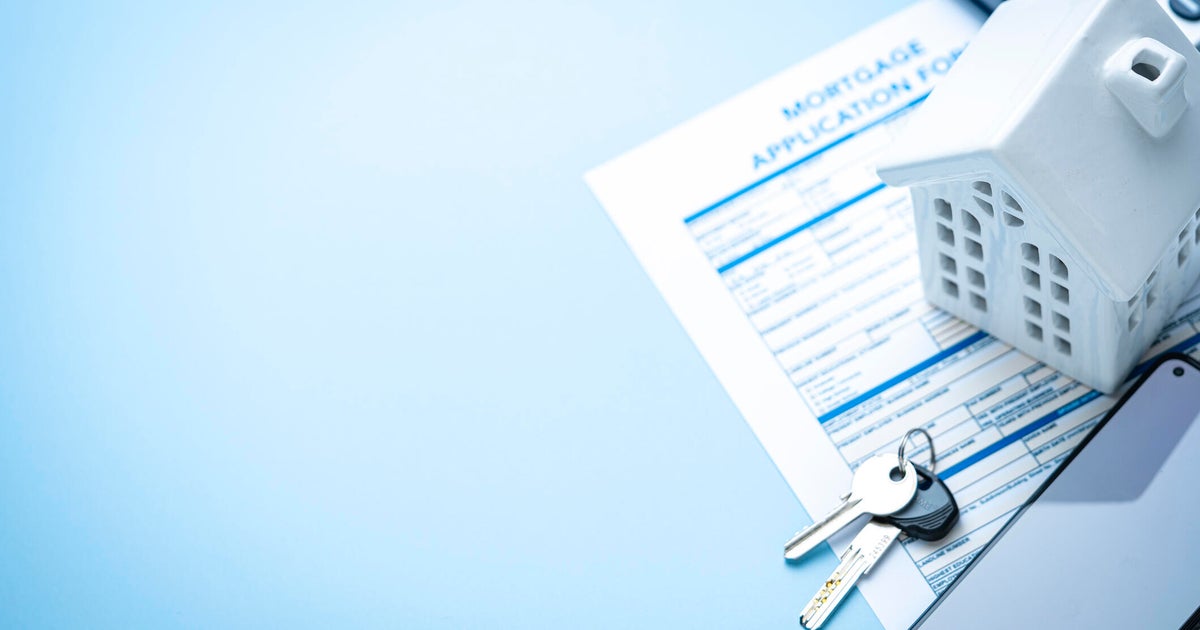Why seniors should use their home equity now
Inflation may be slowing, but the overall economic environment is still uneven. Interest rates rose again last week, the Fed's tenth increase since March 2022. Food inflation is easing, but price breaks are still scarce. And a recession is still possible, if not likely, for later this year. With all this in mind, many Americans find themselves looking for new and innovative ways to make ends meet.
For seniors, in particular - many of whom are tied to a strict budget made up of retirement savings and Social Security benefits - their options are more limited. There is one option, however, that senior homeowners can - and likely should - take advantage of: the equity they've accumulated in their homes. By accessing their equity via a home equity loan or a home equity line of credit (HELOC), seniors can access low-interest credit, often with more favorable terms than some other, more popular credit options.
If you think you could benefit from using your home equity, start exploring your options here to learn more.
Why seniors should use their home equity now
Here are three reasons older adults may want to turn to their home equity now.
Lower interest rates
Interest rates on home equity loans and HELOCs are considerably lower than what can be secured with credit cards and personal loans. For example, credit card interest rates hover around 20% currently. Interest rates on personal loans are lower but still often fall in the double-digit range. But interest rates on home equity options are typically in the 7% to 9% range or lower, depending on the applicant's credit score and other factors.
Yes, when using your home equity, you're using your home as collateral. But if the alternative means digging yourself into a deeper hole, it could make sense to get your finances in order (and consolidate your debt) at a lower rate by using the home equity you already have access to.
Check your home equity interest rates here now.
Tax benefits
If you've been putting off a major home improvement or repair and can't wait any longer, it makes sense to use your existing home equity to pay for its completion. Unlike personal loans and credit cards, if you use a home equity loan or HELOC for these reasons, you may be able to deduct the interest you paid on the loan when you file your taxes.
"Interest on home equity loans and lines of credit are deductible only if the borrowed funds are used to buy, build, or substantially improve the taxpayer's home that secures the loan," the IRS explains online. "The loan must be secured by the taxpayer's main home or second home (qualified residence), and meet other requirements."
More equity to use
If you're an older homeowner who has been living in their current home for an extended period, you may have more equity to utilize than younger homeowners. As a result, you could have tens (or hundreds) of thousands of dollars you can potentially withdraw. Most lenders limit applicants to 80% to 85% of their home equity to borrow, although the requirements vary by lender.
And that's before taking home values into consideration. Home values are still high in large parts of the country, so you may have even more equity to utilize if you act now. If you delay and home prices drop, you'll have lost an opportunity to truly maximize your equity options.
The bottom line
Home equity loans and HELOCs are attractive options for homeowners of all ages, but they're arguably the most beneficial for seniors. Because of their low interest rates and tax benefits, they're often the most cost-effective and reliable way to obtain large sums of money. Older homeowners who have spent years (if not decades) paying down their mortgage will also likely have a significant amount of money to play with, making now a great time to act.
Start exploring your home equity options now.




